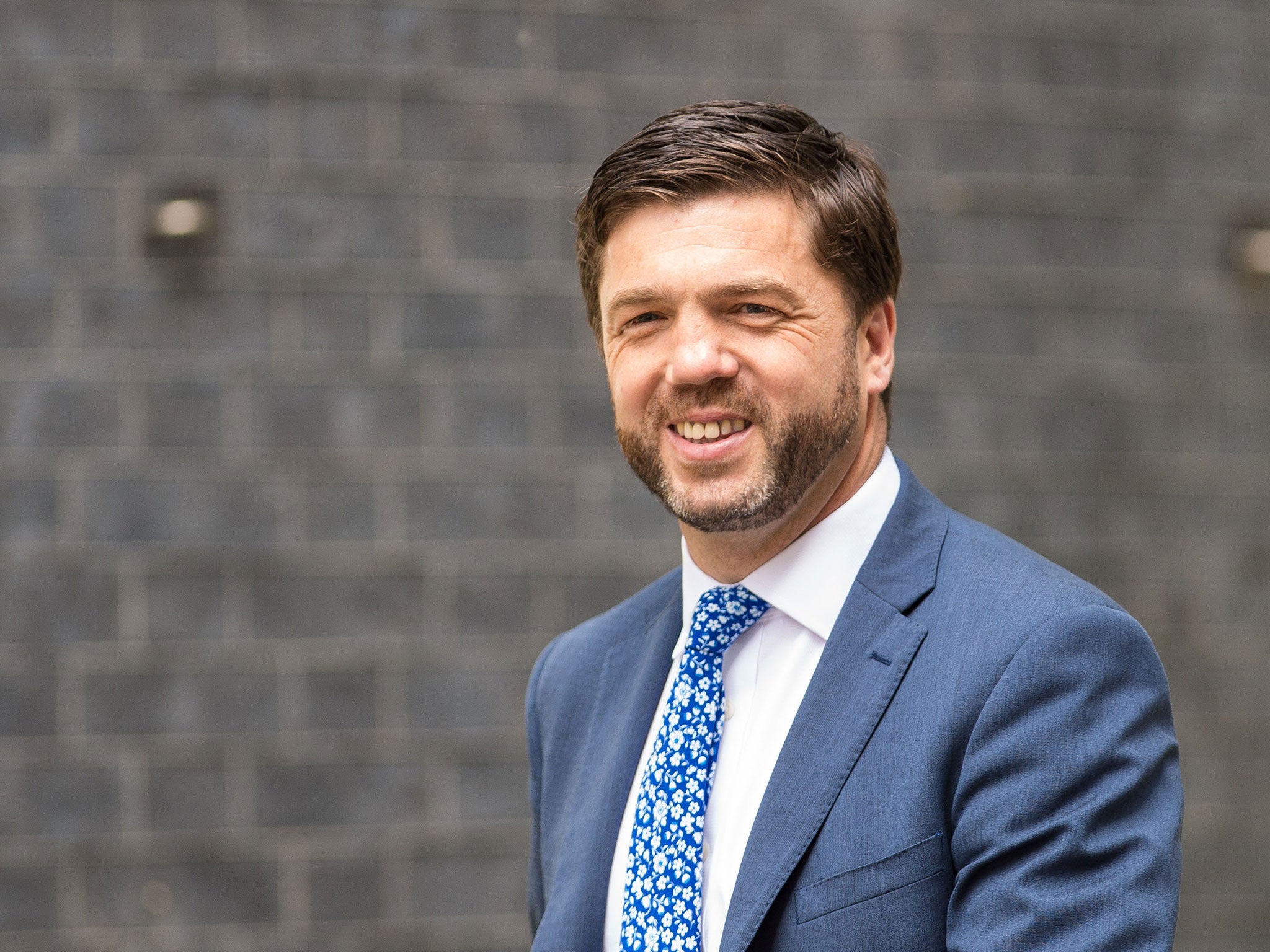Your support helps us to tell the story
From reproductive rights to climate change to Big Tech, The Independent is on the ground when the story is developing. Whether it's investigating the financials of Elon Musk's pro-Trump PAC or producing our latest documentary, 'The A Word', which shines a light on the American women fighting for reproductive rights, we know how important it is to parse out the facts from the messaging.
At such a critical moment in US history, we need reporters on the ground. Your donation allows us to keep sending journalists to speak to both sides of the story.
The Independent is trusted by Americans across the entire political spectrum. And unlike many other quality news outlets, we choose not to lock Americans out of our reporting and analysis with paywalls. We believe quality journalism should be available to everyone, paid for by those who can afford it.
Your support makes all the difference.The Government’s new Universal Credit welfare system is “punishing the working poor” with new sanctions on people who work full time for low pay, academics have warned.
Universal Credit combines various benefits into one payment and is being rolled out to people both in work and out of work.
But low-paid workers are expected to look for more hours or take on extra jobs to get more cash as a condition of the in-work wage top-ups, and report to regular jobcentre appointments to prove their activities.
People working under 35 hours are expected to find more – meaning even full-time workers on zero hours contracts who sometimes end up with fewer hours in a week can face conditionality.
Workers who miss jobcentre appointments can face sanctions amounting to hundreds of pounds.
The new rules are an extension of the much-criticised sanctions system which has long applied to the unemployed, and which MPs on the work and pensions select committee warned last year could be 'purely punitive'.
“There are concerns that sanctions might lead to a range of unintended consequences, including severe financial hardship and associated wider social impacts,” they said in a report, adding that there was strong academic evidence to suggest that sanctions led to “poorer quality employment, temporary employment or unstable employment”.

Professor Peter Dwyer, of the University of York, who is studying benefit conditionality, told the Guardian newspaper:
“[This] is political dynamite. Does the government want to be associated with punishing the working poor? When this happened with tax credits they were forced to take a step back.”
The newspaper reports an example of a full-time zero-hours bar worker who was fined £218 because she went on a family holiday and did not attend two jobcentre appointments.
To make matters worse, the Chancellor George Osborne has also cut work allowances for UC before the system is even rolled out.
This means that low-paid workers can work fewer hours before the money is clawed back, making it less attractive to take additional hours.
The Government also effectively rolled its tax credit cuts for low paid workers into Universal Credit, which is set to come full online just before the 2020 general election.
Universal Credit, which has been beset by delays and other problems, was the pet project of former Work and Pensions Secretary Iain Duncan Smith. Mr Duncan Smith resigned after the most recent Budget, arguing that the Government was balancing the books on the back of the most vulnerable in society.
The new Work and Pensions Secretary, Stephen Crabb, signalled in a speech earlier this week that he would not cancel the programme, however.
A spokesperson for the Department for Work and Pensions said: “It is right that for the first time ever we are supporting claimants who are in low paid work to increase their earnings and progress in their careers.
“Universal Credit is a vital reform that will make work pay and is already transforming lives, with claimants moving into work quicker and earning more than under the old system.”

Join our commenting forum
Join thought-provoking conversations, follow other Independent readers and see their replies
Comments